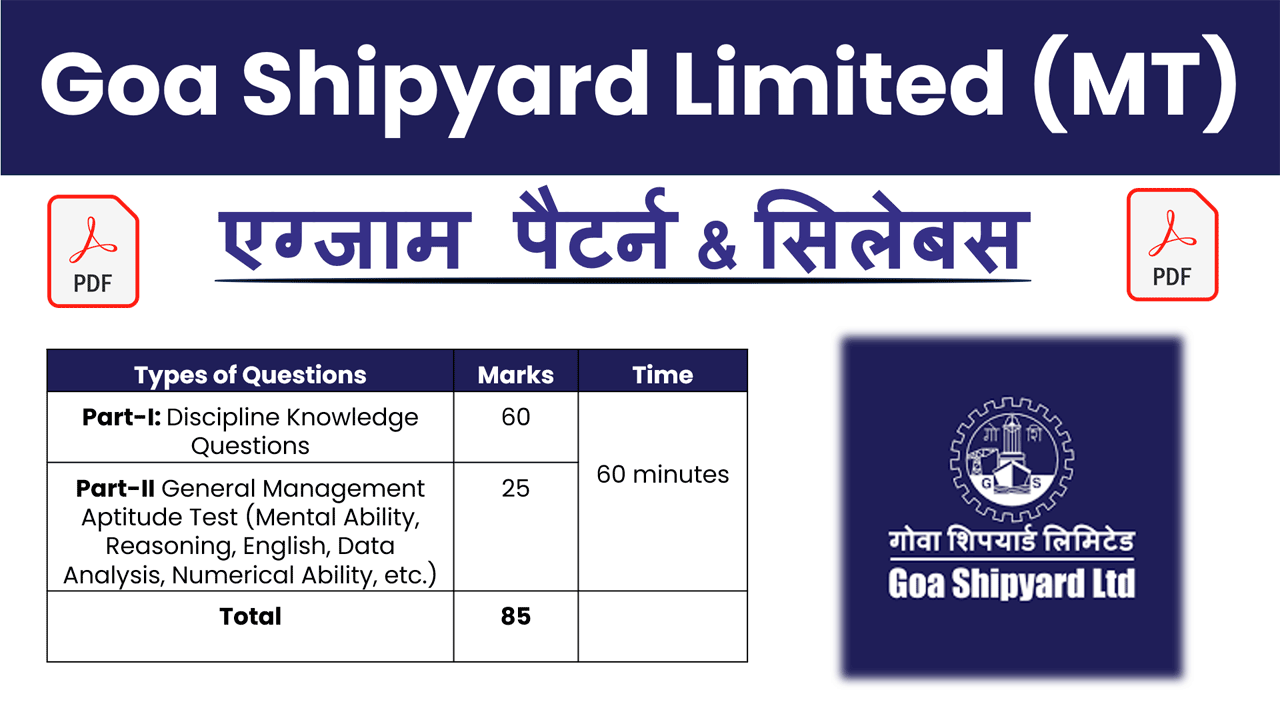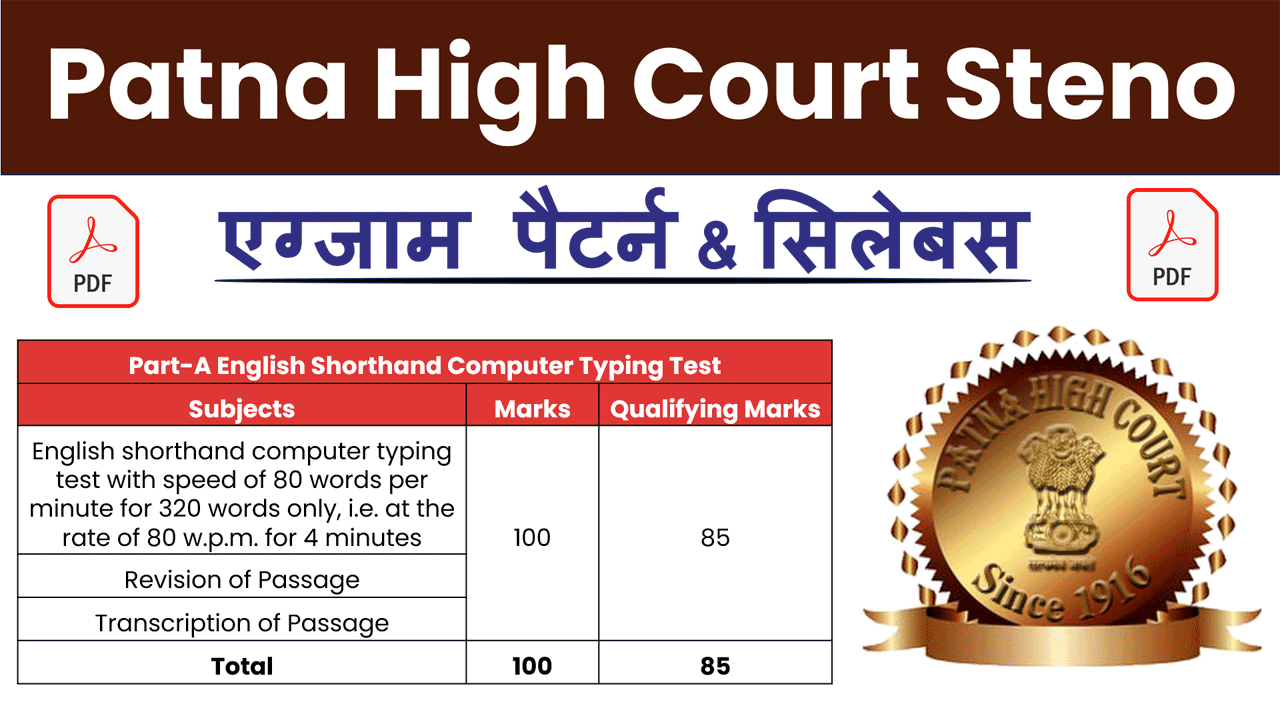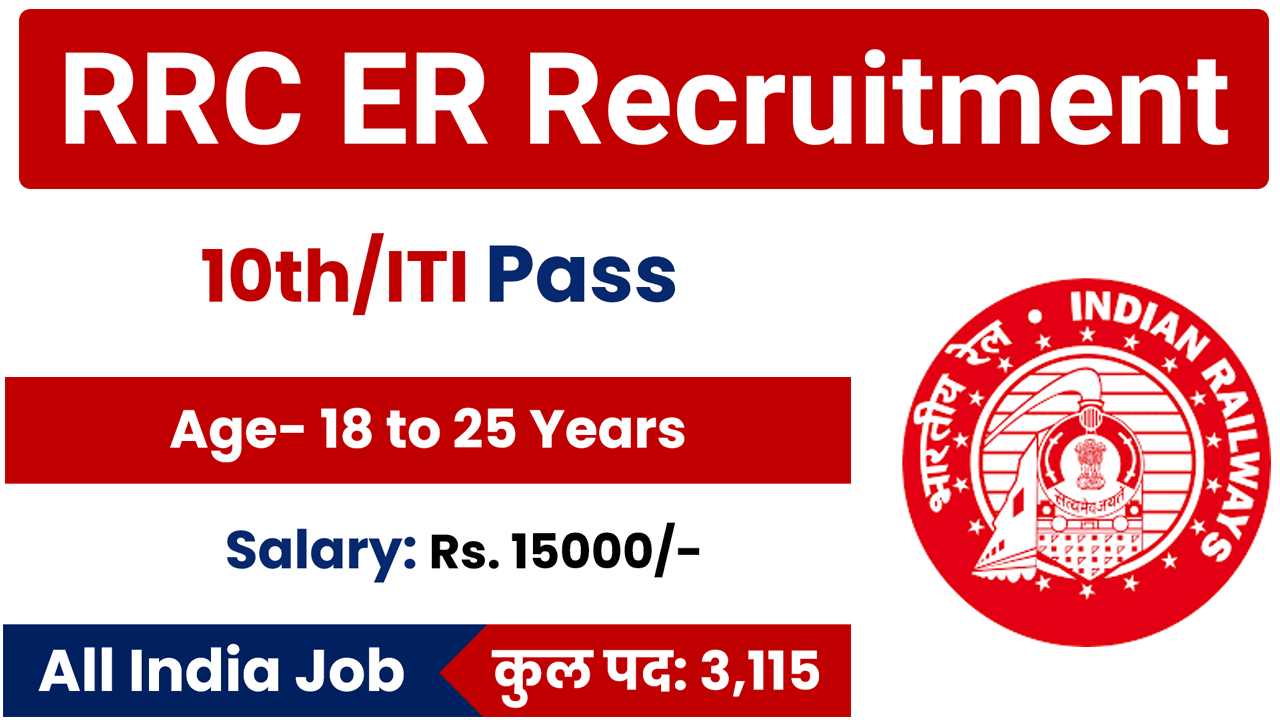Mastering Simplification Techniques for Competitive Exams: A Comprehensive Guide: Simplification is a foundational skill in mathematics that plays a pivotal role in competitive exams. Whether you’re preparing for entrance tests, government job exams, or any competitive assessment, a strong command of simplification techniques can significantly enhance your problem-solving abilities. This guide explores various methods and strategies for simplification, equipping you with the essential tools to excel in this critical topic.
| Chapters | Download Links |
| Average📙 | Download 🔗 |
| Compound Interest📙 | Download 🔗 |
| Circle📙 | Download 🔗 |
| Cube & Cube Root📙 | Download 🔗 |
| Cuboid📙 | Download 🔗 |
| Cylinder📙 | Download 🔗 |
| Heights & Distance📙 | Download 🔗 |
| LCM & HCF📙 | Download 🔗 |
| Mixture and Allegation📙 | Download 🔗 |
| Partnership📙 | Download 🔗 |
| Percentage📙 | Download 🔗 |
| Profit, Loss & Discount📙 | Download 🔗 |
| Quadrilateral📙 | Download 🔗 |
| Ratio & Proportion📙 | Download 🔗 |
| Simple Interest📙 | Download 🔗 |
| Simplification📙 | Download 🔗 |
| Speed, Time & Distance📙 | Download 🔗 |
| Sphere📙 | Download 🔗 |
| Square & Square Root📙 | Download 🔗 |
| Time and Work📙 | Download 🔗 |
| Trigonometry📙 | Download 🔗 |
What is Simplification?
Simplification in mathematics involves the process of reducing complex expressions, equations, or problems to their simplest form or solution. It encompasses a wide range of techniques, including mental math, algebraic manipulation, and logical reasoning, to streamline calculations and problem-solving.
Importance of Simplification in Competitive Exams
- Time Management: Efficiency in simplification allows candidates to solve problems faster, which is crucial in exams with strict time constraints.
- Mathematical Aptitude: Mastery of simplification demonstrates a strong grasp of fundamental mathematical operations and principles.
- Versatility: Simplification techniques are applicable across various mathematical topics, including arithmetic, algebra, and quantitative aptitude, making them indispensable for a wide range of competitive exams.
Types of Simplification Problems
- Arithmetic Operations: Problems involving addition, subtraction, multiplication, and division of numbers, fractions, and decimals.
- Algebraic Expressions: Simplifying algebraic expressions by combining like terms, factoring, and applying distribution properties.
- Complex Equations: Simplifying complex equations by applying order of operations (PEMDAS/BODMAS), solving for variables, and reducing to their simplest forms.
Strategies for Mastering Simplification
- Understand the Basics: Solidify your understanding of fundamental arithmetic operations, rules of exponents, and algebraic identities.
- Practice Mental Math: Improve mental calculation speed by practicing mental math exercises regularly.
- Use Systematic Approaches: Develop systematic approaches for tackling different types of simplification problems, such as breaking down complex expressions step-by-step.
Practical Tips for Simplification
- Eliminate Redundancy: Remove unnecessary steps or terms from calculations to streamline the simplification process.
- Verify Solutions: Always double-check your simplified solutions to ensure accuracy, especially in exams where precision is crucial.
- Learn Shortcut Methods: Familiarize yourself with shortcut methods and tricks for simplifying calculations, such as estimation techniques and common patterns.
Conclusion
In conclusion, mastering simplification is not just about computational skill; it’s about adopting efficient strategies and approaches to solve problems accurately and swiftly. By honing your simplification techniques through practice and understanding, you can approach competitive exams with confidence and achieve optimal results.
About the Math Book
Looking for a comprehensive guide to mastering simplification and other mathematical topics for competitive exams? Our Math Book for Competitive Exam offers detailed explanations, practice exercises, and expert tips to help you succeed. Stay tuned for more chapters covering essential mathematical concepts!











